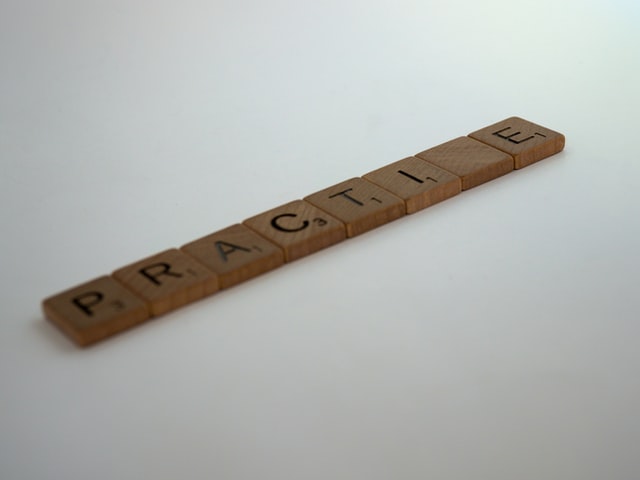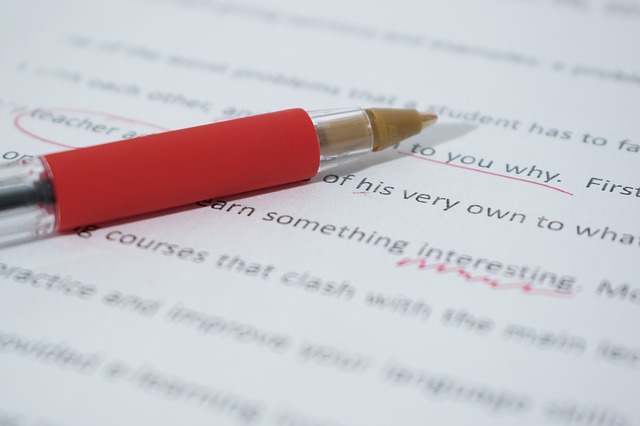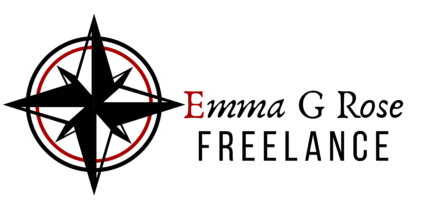We all write at work, even those of us who aren’t professional B2B content writers. You might be drafting monthly reports, crafting a weekly memo, or sending out scores of emails every day. Whatever you’re writing, your goal is to communicate well.
Great writing takes practice, dedication, and an understanding of the Oxford comma. If you hate writing, or if you’ve always struggled with it, you might never be a great writer. That’s okay. For most jobs, you only need to be a competent one.
These strategies will help you write better at work. You can implement them today, and they’re completely free. You don’t have to hire a ghostwriter or download any fancy writing apps. All you need is a blank document in your word processor of choice.
1. Give yourself permission to write badly.
Seems counter intuitive, but it works. Here’s why: When people say they have writer’s block, they’re not really saying they can’t write. They are capable of putting words on paper, everyone is. What they struggle with is writing well.

Professional writers, no matter how good they are or how long they’ve been writing, always write multiple drafts, because “the first draft of anything is shit.” (If this language offends you, please file your complaint with Ernest Hemingway.) So professional writers don’t try to write anything perfectly the first time.
If you’re procrastinating a writing project, start by dumping all your thoughts and ideas into a Google Doc. That way there’s no risk of accidentally hitting the send or post buttons.
Don’t worry about how it sounds or if you chose the right word, or how much you swear, or whether your grammar is right. Just put words on paper (or screen) until you’ve got the whole idea in front of you.
Getting a first draft onto that page gives you something to work with. when you right a quick and dirty first draft it doesn’t have to be good, it just has to exist so you can work with it. Too many people end up with crappy final drafts because they never gave themselves permission to write truly shitty first drafts.
2. Know what you don’t know.
Everyone has weaknesses. That’s as true in writing as it is in any other discipline. There are elements you will struggle with, skills that are harder to master. This is normal.
The difference between a bad writer and a competent one is that a competent writer knows what she doesn’t know. Instead of just saying, “oh I’m bad at grammar” or “my spelling sucks”, she identifies the particular issues she struggles with.
You don’t even have to try to change the underlying issue. Just be aware that it’s a challenge for you.

For example, there are a couple of words that I can’t spell to save my life. They include bureaucracy (even spell check had no idea what I meant the first time I typed this word), intrigue and tongue.
Why these particular words? I don’t know. Apparently I have issues with diphthongs.
I also tend to use the wrong form of the word “its.” I know that “it’s” means it is and that “its” shows ownership, but often in the heat of composition I invert the two. I like to refer to these things as foibles, because that sounds better than “things I constantly screw up.”
Knowing my foibles makes me a better writer because it gives me the opportunity to correct them. I pay special attention to them when I proofread and (usually) manage to catch them before a post goes live.
After you’ve written something, anything, whether it’s a Facebook post or a progress report, scan for your foibles. Remove them with extreme prejudice.
3. Accept that you can’t proofread your own work.
No writer works alone. A good writer has a small army of editors, copy editors and proofreaders making her look good. You should too.
After all the work you’ve put in writing a bad first draft, writing a better second draft, and searching out foibles, you might be tempted to just send the thing. After all it’s just an internal report and you’re on a deadline here.

Resist that temptation.
You’ll be shocked how easily your eye slides past errors in your own writing. You know what you mean, and so your mind fills in the gaps.
Even if you’ve gone over the piece ten times (maybe especially then) you’ve probably missed something. An impartial second pair of eyes will catch things you didn’t see and can point out confusing sentences. Hand it off to your cube mate, your supervisor, or your mom (yes, really), for a last read through before you send it out.
If you’re thinking, “Yeah, yeah, that’s all great advice, but I still don’t have time to write that weekly blog our marketing team thinks is such a great idea,” I have a bonus tip for you…
Bonus: Hire someone to help you write better at work.
I know I said all of the tips were free, but this one is a bonus, so you can ignore it if you want. If you don’t have the time, the focus, or the desire to learn to write better at work, you can always bring in a professional. Especially for the big, time-consuming stuff. I’m here to help. Contact me today.

